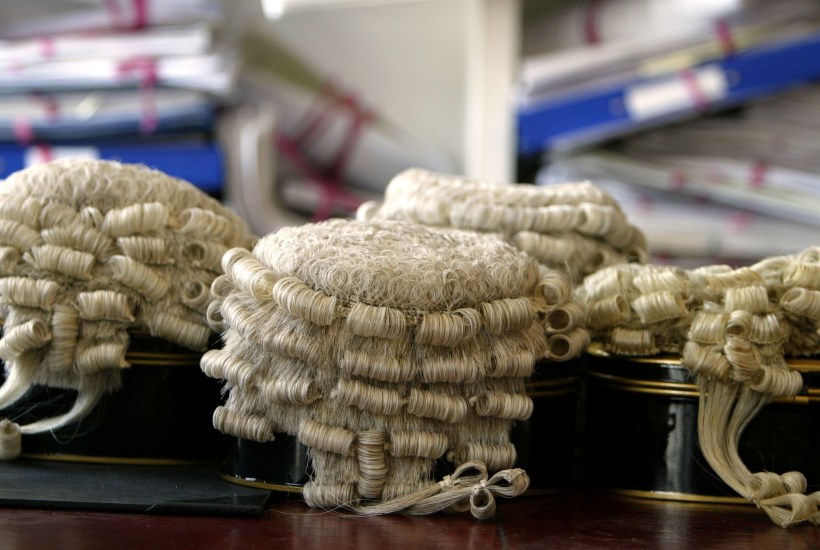Libertarians, classical liberals and small government conservatives will likely be disappointed with their options when they come to vote in Queensland’s election. Faced with a choice of choosing between the Liberal National Party, Labor, the Greens and One Nation many may choose to put a blank ballot paper in the box. Where’s the Liberal Democrats or the Australian Conservatives they will likely ask? The answer to that question has nothing to do with either of those parties’ willingness to run candidates, but Queensland’s byzantine process for registering political parties. It’s time to call bullshit on the corrupt processes used to prevent Queenslanders voting for the party of their choice.
The process for registering a political party in Queensland is outlined in the Electoral Act of 1992 and is described in the Political Party Handbook produced by the Queensland Electoral Commission. That process requires that a political party either have a State MP or 500 members. For smaller political parties reaching the all-important 500 number is difficult; made even more difficult by the process used by the QEC to confirm these memberships.
The Political Party Handbook states:
Once satisfied that some application prima facie complies with the Act the commission will write to members inviting corroboration of their party membership. A pro forma response and business reply paid envelope are supplied to allow members to reply without cost to themselves. Replies are cross-referenced with the Queensland electoral roll.
Yes, that’s right. The QEC requires that members mail back confirming their membership for those memberships to be accepted. Anyone who has ever conducted a survey knows that the return rate for surveys is incredibly low.
Many small political parties have less than 100 active members, with the remainder being busy people who are sympathetic to the cause, yet are unlikely to show up for a meeting. In practice this means parties hoping to register require significantly more members than the stated 500 to have a hope of meeting this threshold.
This byzantine process prevented the Australian Democrats from registering in Queensland at a time when it had a Senator representing Queensland in the mid-2000s. It’s now preventing both the Australian Conservatives and the Liberal Democrats from running candidates in the upcoming election.
If Queensland had an upper house this process may be defensible. At the federal level, some standards are required to prevent the Senate ballot paper becoming excessively large with unknown candidates. However, even at the federal level, micro parties such as the Pirate Party or WikiLeaks manage to get registered.
Without an upper house, Queenslanders can only vote for a local member, meaning any candidates for minor parties can only run in local electorates. The law as it stands, prevents passionate political activists running under the banner of their preferred party. If a member of a micro-party is endorsed by their party and chooses to run in their local electorate they should be able to do this.
The current system is convenient for the major political parties, it prevents them losing votes to parties that better represent the wishes of the electorate. It’s time the system changed. My suggestion to Queenslanders is if you don’t have a candidate worthy of your vote, don’t vote. Don’t allow a corrupt process to force you to endorse a candidate not worthy of your vote.
Justin Campbell is General Manager of LibertyWorks.
Got something to add? Join the discussion and comment below.
Got something to add? Join the discussion and comment below.
Get 10 issues for just $10
Subscribe to The Spectator Australia today for the next 10 magazine issues, plus full online access, for just $10.


























Comments
Don't miss out
Join the conversation with other Spectator Australia readers. Subscribe to leave a comment.
SUBSCRIBEAlready a subscriber? Log in